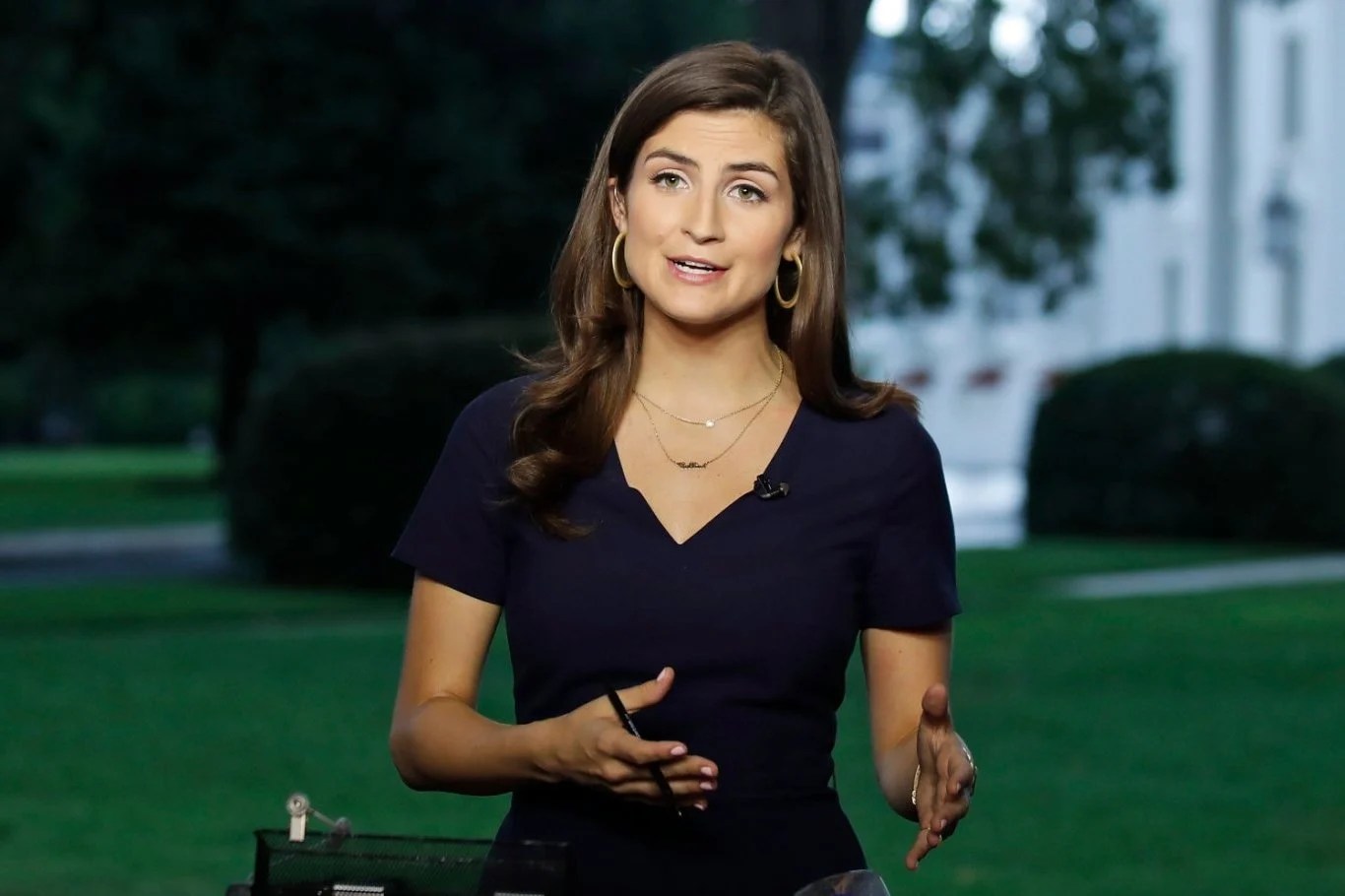The world of journalism often brings with it unexpected twists and turns, and the story of Kaitlan Collins is no exception. Known for her tenacity and commitment to delivering the news, Kaitlan Collins has made a name for herself in the competitive field of political reporting. However, her recent firing has sent ripples through the media landscape, prompting questions about the circumstances that led to her departure. As a well-respected correspondent, news of her firing raises eyebrows and sparks curiosity about the events that unfolded.
As the dust settles, many are left wondering what went wrong in Collins’ career trajectory. Was her firing related to her reporting style, editorial decisions, or perhaps something more personal? The intricacies of newsroom politics can be murky, and in this case, they appear to be no different. This article delves into the timeline leading up to Kaitlan Collins' firing and seeks to unravel the factors at play in this high-profile case.
In an ever-evolving media environment, it is crucial to consider the implications of such a firing. What does it mean for the future of political reporting? How will it affect Collins' career moving forward? As we explore these questions, we aim to piece together the narrative surrounding Kaitlan Collins' unexpected exit from her role.
Who is Kaitlan Collins?
Kaitlan Collins is a prominent American journalist who has gained recognition for her incisive political reporting. Born in 1992 in Prattville, Alabama, Collins embarked on her journalism journey at an early age. She graduated from Auburn University with a degree in journalism and quickly made a name for herself in the field. Her career began at The Daily Caller, where she served as the White House Correspondent before moving on to CNN, where she became a significant figure in political journalism.
Personal Details and Bio Data
| Attribute | Details |
|---|---|
| Name | Kaitlan Collins |
| Date of Birth | April 7, 1992 |
| Birthplace | Prattville, Alabama, USA |
| Education | Auburn University |
| Occupation | Journalist |
| Known For | Political Reporting, White House Correspondent |
What Happened Leading Up to Kaitlan Collins' Firing?
The timeline leading to Kaitlan Collins' dismissal from CNN is filled with significant events that shaped her career. As a White House correspondent, Collins often found herself in the midst of heated exchanges and contentious press briefings. Her bold and sometimes confrontational interviewing style earned her both praise and criticism, setting the stage for her eventual firing.
Was Kaitlan Collins' Firing Related to Her Reporting Style?
As a journalist, Collins was known for her aggressive questioning and willingness to challenge authority. This approach, while effective in many instances, also led to tensions with some individuals in power. Speculation suggests that her reporting style may have contributed to her firing, as it sometimes clashed with the more traditional norms of political reporting.
Did Internal Politics Play a Role in Kaitlan Collins' Firing?
Internal politics within news organizations can often have profound implications for journalists. The competitive nature of the media landscape can lead to power struggles, and it is not uncommon for such dynamics to influence personnel decisions. In the case of Kaitlan Collins, there are whispers that internal conflicts may have played a part in her dismissal.
What Impact Will Kaitlan Collins' Firing Have on Her Career?
The aftermath of Kaitlan Collins' firing remains to be seen, but it undoubtedly raises important questions about her future in journalism. Will she pursue opportunities in other media outlets, or take a break from the industry altogether? Her experience and reputation as a journalist may open doors for her, but the circumstances surrounding her firing could also present challenges.
How Will the Media Industry Respond to Kaitlan Collins' Firing?
The media industry is constantly evolving, and Kaitlan Collins' firing serves as a case study for the complexities that journalists face today. It prompts discussions about the role of journalists in holding power accountable, and whether such confrontational methods are sustainable in the long run. The response from industry peers and organizations may shape future conversations about journalistic integrity and the protection of journalists' rights.
What’s Next for Kaitlan Collins?
As Kaitlan Collins moves forward from her firing, the next steps in her career will be closely watched. Many are eager to see how she will leverage her talents and experiences in a new role, or if she will continue to be a vocal advocate for the principles of journalism that she has long embraced. The future remains uncertain, but one thing is clear: Kaitlan Collins' story is far from over.
In conclusion, the firing of Kaitlan Collins raises important questions about the challenges journalists face in today's media landscape. As we continue to follow her journey, it is essential to consider the implications of her experiences on the broader field of journalism. Will her departure signal a shift in how political reporters operate? Only time will tell, but Kaitlan Collins has already made a significant impact, and her story will undoubtedly continue to resonate within the industry.



